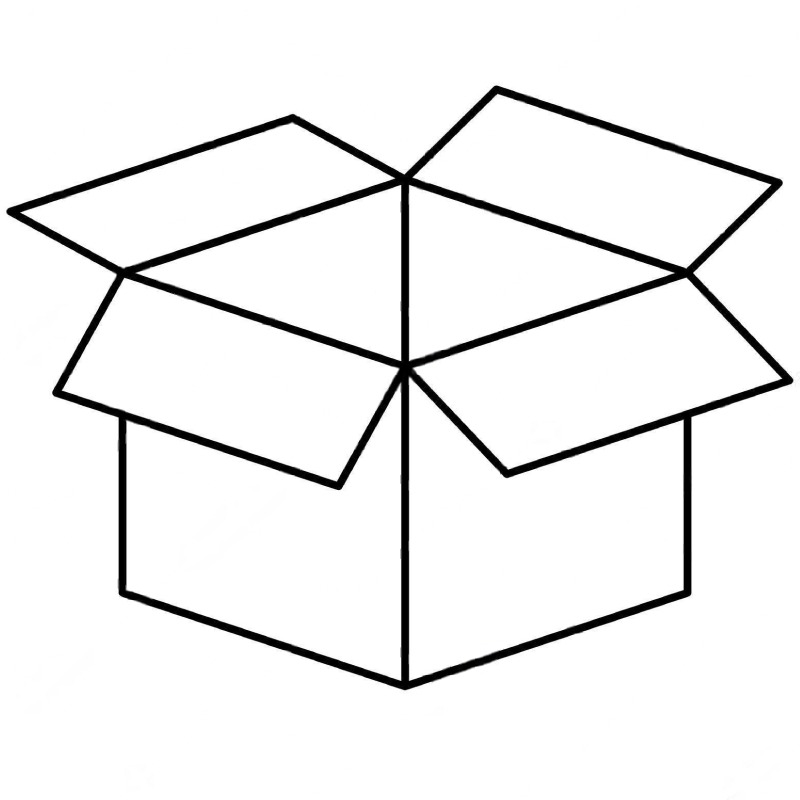Wishlist

No Product Found
Kindly add products in your wishlist!
- Medicine
- Baby & Mother Care
- Nutritions & Supplements
- Multivitamins
- Pregnancy Care
- Fish Oil & Omega 3
- Folic Acid Supplements
- Good Vision
- Bones & Joints Care
- Brain & Memory
- Liver Care
- Multivitamins
- Calcium & Minerals
- Vitamins
- Kids Supplements
- Iron Supplements
- Boost Your Immunity
- Hair Skin & Nails
- Women Supplement
- Men Supplements
- For Diabetics
- Protein Supplement
- Anti-Aging Supplements
- Skin Hair & Nails
- Healthy Heart
- Mass Gainers
- Weight Loss Management
- Sleep Health
- Royal Jelly
- Biotin Supplements
- Healthy Urinary System
- Vitamin D Supplements
- Vitamin C Supplements
- Zinc Supplements
- Nutritional Drinks
- Multivitamins
- Foods & Beverages
- Devices & Support
- Personal Care
- OTC And Health Need
Delivers in
Search for
"Medicine"
